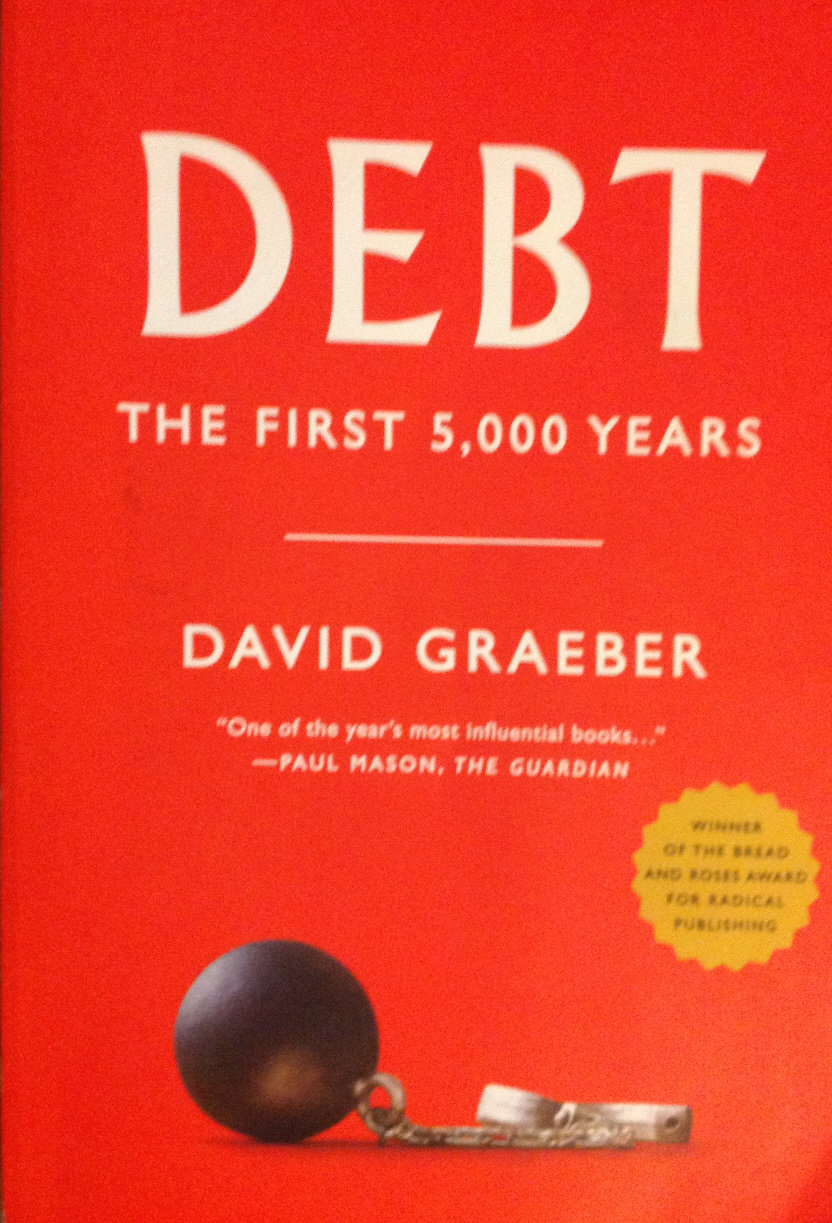Last week’s bombing of the Boston marathon received blanket coverage here in the UK. In a world where there is still plenty of death and destruction, it seemed to be particularly shocking. But the strangest aspect of the episode to me was that nobody claimed responsibility. We were left to speculate as to whether it was Islamic jihadis, right wing extremists or some tortured loner. What’s the point if nobody knows why you did it? It turns out that it was the jihadis: but this still leaves us with the question of what their cause is all about.
Describing the jihadist enterprise as a war, as in “war on terror”, is controversial on the part of the western states that seem to be the main targets. Be that as it may, the jihadists themselves see it as a war. “I am a soldier,” said one of the London terrorists of July 2005 in the video released to publicise his suicide attack. But it is a strange sort of war.
Following the 19th Century philosopher of war Carl von Clausewitz very loosely, we can see war in terms of three elements: purpose (the political, rational element), strategy (the way the two sides try to outwit each other, which resolves to a game of chance), and will (the primordial hatred and drive to violence). The will is evident, and there is quite a bit of strategy too, as the jihadis spend quite a bit of time plotting their acts, while the authorities try to catch them. The problem comes with the political purpose. What is all this designed to achieve?
It did seem a bit clearer in September 2001. The scale of the attacks on New York and Washington was breathtaking, and there seemed to be a strategic driving force, based in Afghanistan. The Western media focused on the personality of Osama Bin-Laden, though what his personal role was in all of this I find it difficult to say; he was a convenient focus for the attacked nations. But if not him, there were other strategists and leaders in a global enterprise. We could make out some kind of purpose. There was something about establishing a global caliphate, and pushing the Western countries towards enlightenment and the Islamic path. The terrorist attacks would so disrupt western civilisation, whose foundations they believed to be very weak, that its economy would collapse and they would then be forced to consider their ways. With talk of escalating the violence towards nuclear and biological weapons and “dirty bombs”, you could just about see this as being rational, if deluded.
But those delusions became pretty obvious pretty quickly, and the jihadist campaign resolved to a few nasty pinpricks that could do little to undermine the fabric of western society itself. The Al-Qaeda leadership, so far as it exists, is focusing on maore local issues, in Iraq and Afghanistan, and expanding elsewhere in the Middle east and Africa. It is an armed part of a puritanical, fundamentalist Islamic political movement, operating in countries that are predominantly Muslim. They have no real interest in pursuing terrorist campaigns in the West, which might even harm their cause by getting Western securities services involved. Western countries don’t want to get themselves bogged down in messy wars in countries they don’t understand. The foreign jihadists might see some use in recruiting sympathetic residents of Western countries to act as foot soldiers in their wars, but that is probably the limit.
But terrorism in the West lives on. Not only are there the occasional successful attacks, like that in Boston, but many more plots that come to light before they are executed – such as a Canadian plot in the news today. But these are local affairs carried out by citizens or residents of the countries concerned, with little outside involvement. The plot of the US TV series Homeland is a fantasy. Does that mean that the US military effort against the terrorists, drone strikes and all, is purely a geopolitical game? Or is it successfully suppressing outside terrorism? It is impossible for us ordinary members of the public to know.
What we have is a very private war, carried out by isolated and frustrated members of minority communities, who feel excluded and alienated. Terrorism is some kind of release, but serves no wider goal. As one character in the BBC TV series The Village set in the First World War says in another context (I paraphrase from memory): “He thinks that by going to war and getting killed he will impress her; he forgets that the problem with being killed is that you are dead.” This was quite striking with the 7/7 bombings in London. It was perpetrated by a well-organised cell (compare their attacks with the ham-fisted ones that took place a week later), but it was a one shot weapon. Any military virtues died with them. The silence that followed the Boston bombings has something of the same disconnection with any wider objectives.
So what to we do to protect ourselves? The police and intelligence effort has to go on, even if we suspect those that lead it are playing the threat up, and hiding behind national security. But we also need to carry on the slow, awkward process of outreach and integration of minority communities: multiculturalism. We need at least to try to drain the hatred that drives these very private wars.
